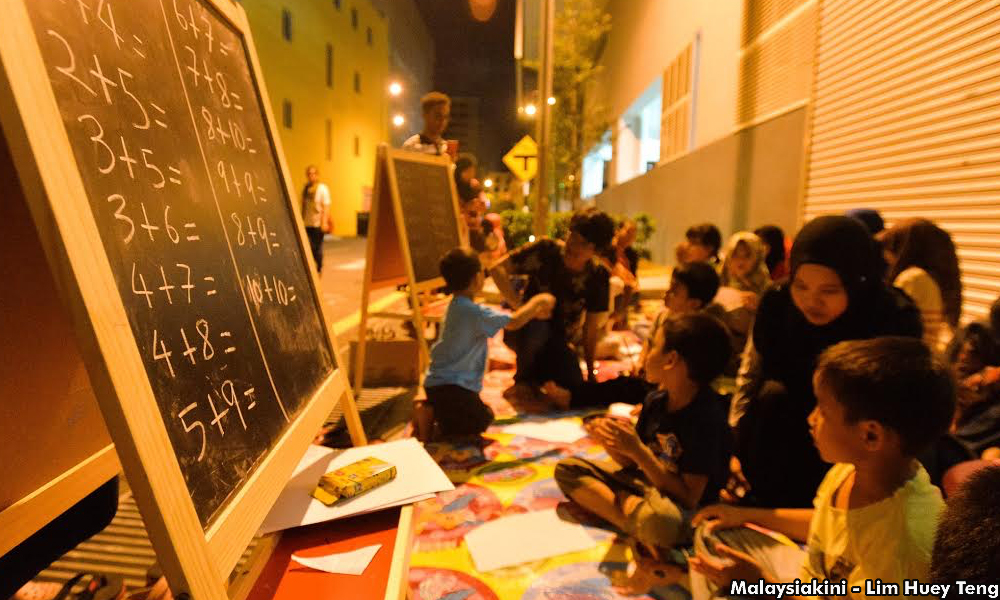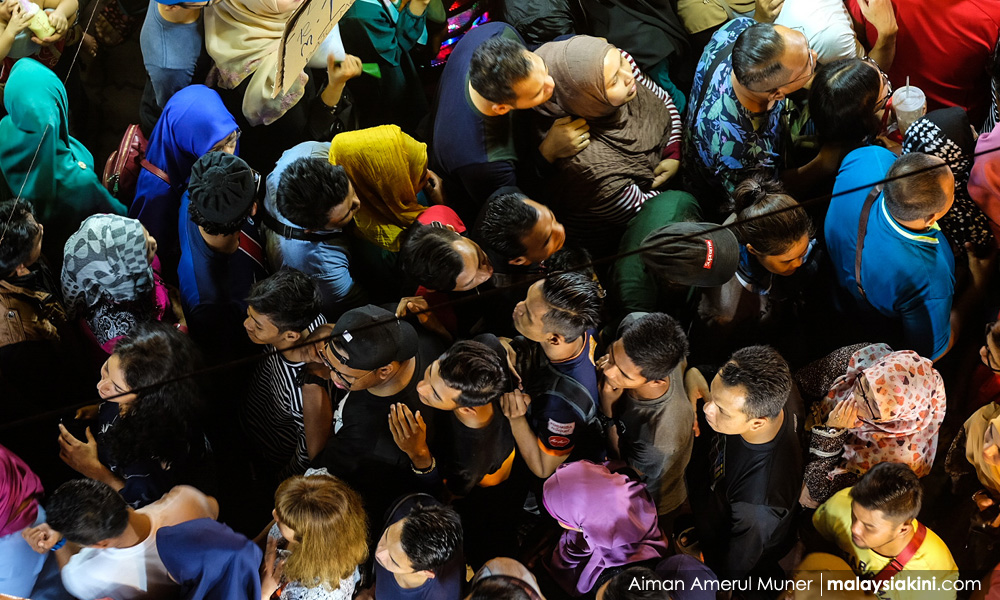
People like to believe that education is the key to success. Armed with that and through hard work and perseverance, you will be able to turn your life around for the better. That is what’s known as social mobility.
Basically, if you were born into a certain social class in society, the possibility of moving up and improving your standing exists if you get an education. But all this is said to be in theory only and that realistically, this just isn’t the case.
Although we don’t want to believe it, the social class that we are born into determines if we will be able to move up in life. If you are born in a higher social class, the chances that you will stay there or move up is higher. If you are born in a lower social class, then chances are you will be stuck there.
Take my life for example. I was born into a middle-class family where both my parents were working professionals. They both had the opportunity to gain an education and went all the way to university. Growing up, although we weren’t very rich, we were comfortable.
And when they had children (my siblings and I), they were able to provide the same opportunities they had. We had access to proper education, were given exposure to culture and people, and knew what the world had in store for us. We used that to build our lives.
My parents had the means to focus on us and pay attention to the education that we received, discuss with us about the ambitions that we had and even give us more opportunities just to broaden our horizons like buying books, going to cultural events and even travelling.
Now compare all this with someone who came from a lower-class family - which had parents who probably didn’t go to university and had less professional jobs that didn’t pay as well. They would be struggling just to make ends meet.

These parents would probably be too busy to pay enough attention to their children’s education. They might not be able to give as many opportunities to their children as parents who come from a middle or higher social class could. They would be too occupied by trying to survive.
All this would mean a whole world of difference in determining the success of a child. Two different children from these two different social classes would fare very differently in life even if they were both going to the same school and getting the same education.
Research has shown that the advantages that the higher social class child has would simply not put him on the same standing as the child from the lower social class. And that is why social mobility isn’t as simple as it sounds. Education alone will not guarantee it.
Khazanah Research Institute (KRI) had conducted a survey that showed 63 percent of Malaysian adults are better educated than their parents and that one in two children born between 1985 and 1995 earn more than their parents.
However, one can also choose to see the glass as half empty - that the other one in two children (which is 50 percent) are not earning more than their parents. They could even be earning less. So what is causing this to happen?
Bumiputera policy
In Malaysia, this social mobility problem was addressed many decades ago when social class was determined by race and ethnicity. Malays were the ones who were economically disadvantaged while the Chinese were not. So they created a certain social contract.
Affirmative action policies were put in place so that the social economic balance would be more equal and hence we had all kinds of bumiputera policies put in place that would enable the Malays to improve their societal standing.

Today, we can say that the social economic balance in the country has been more or less evened out, but not necessarily in a positive way. Those who are economically and socially disadvantaged now exist across the board without regard for racial and ethnic boundaries.
However, the affirmative action that benefits the bumiputeras are still in place. What would probably be best is for new policies to be created to address this new problem. Instead of continuing with policies that are race-based, the government needs to be less discriminative.
One of the main tools of positive social mobility is exposure, as every single child is then able to see that there is a possibility for them to improve their social standing, which increases the chances of them moving up in life.
Recently, a project conducted in the US proved this. Two schools in New York - one a private school in a rich neighbourhood and another a public school in a poor district - formed an exchange programme where students would have the opportunity to attend each other’s school.
The exchange programme had been going on for a while and many of the participants have already grown up into adulthood. The statistics did show that 90 percent of the participants from the public school had managed to move up in life and be better than their parents.
Both schools’ administration said that the programme had benefited the public school participants because they could actually visualise a better life if they pursued it. Participants from the rich private schools also benefited but in a different way.
They would attend the public school and realise there is a different, less privileged world. These same students would eventually grow up and be in influential positions such as policymakers and what not, basically creating a group in society that was also more socially empathetic.
Maybe Malaysia could learn a thing or two from this. We need to realise that poverty and economic disadvantage does not recognise colour, creed or religion. So when we try to address these problems, we also need to not recognise colour, creed or religion.
ZAN AZLEE is a writer, documentary filmmaker, journalist and academic. He only quite recently realised that maybe everything good in his life didn’t come from his own hard work and is very thankful for everything. He will try his best to pay it forward. Visit FATBIDIN.COM to view his work.- Mkini


No comments:
Post a Comment
Note: Only a member of this blog may post a comment.